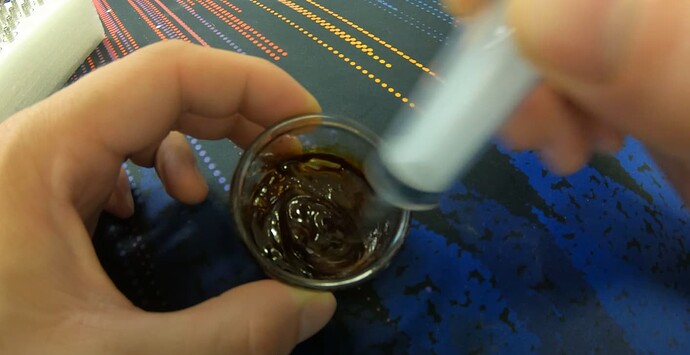There is two answers (I’m aware of) that have been medically proven to exist as a “problem”.
Both are genetic and related to metabolic factors.
This write-up covers them both:
Gastrointestinal disorders and cannabis
When someone says “edibles don’t really work for me,” my first question is whether they have a gastrointestinal issue. Inflammatory Bowel Disease, malabsorption syndrome, and Irritable Bowel Syndrome can affect how the small intestine absorbs nutrients, water, and medicine.
In my experience, the vast majority of folks who don’t feel effects from edibles confirm that their body also has trouble digesting food. After following up with the author of this month’s question, I was able to rule out that simple explanation — leading me to a more complex potential explanation.
Slow metabolizers versus rapid metabolizers
Cytochrome P450 enzymes, sometimes called CYP (“sip”) enzymes, help your liver kickstart the metabolization of most drugs. While there are over 50 CYP enzymes, six of them do the bulk of the work, often tag-teaming to get the job done.
Each CYP enzyme correlates to a specific gene that acts as a book of instructions, telling your body how to construct the enzyme step-by-step. Every gene presents a number of possible different versions known as alleles. The most common allele carried by most people is known as the “wild type.” If you inherit the wild-type allele from both parents, your body will metabolize drugs as expected.
If a parent passes on a less-common “variant” allele, that gene will usually encode enzymes that don’t work as well, meaning you’ll metabolize drugs a little slower. This diminished enzyme efficacy means you’ll be a slow metabolizer.
According to the website for Lobo Genetics, a company that offers genetic testing for cannabis users, “These ‘slow metabolizers’ should be more cautious when consuming THC, as they will likely experience an increased duration and intensity of intoxication, especially when taking THC in oral form.” Slow metabolizers could accumulate levels of THC up to 300% higher than those with standard metabolisms, leading to unpleasant consequences from over-intoxication.
Here’s where things get interesting. If you inherit multiple copies of the wild-type allele — that’s the most common, “normal” version of the gene, usually resulting in a healthy drug metabolism — your system will be too good at clearing drugs from your bloodstream. As an ultrarapid metabolizer, you may not even have a chance to feel the desired effects of THC before it’s converted into an inactive metabolite.
Dr. Staci Gruber, director of Marijuana Investigations for Neuroscientific Discovery (MIND) at McLean Hospital, recently explained the phenomenon to the Boston Globe. “You’re breaking it down so fast it doesn’t have an opportunity to create the psychoactive effect,” she told Globe staff, adding that variables like how quickly your body absorbs fat also plays a role.
CYP2C9 and CYP2C19, the two genes most associated with the metabolism of cannabis, each have over 30 variants in addition to the standard wild type. “For THC and the CYP2C9 metabolism gene, there is no ultrarapid metabolizer genotype; only normal and slow metabolizers,” a representative from Lobo Genetics told me. “For … the CYP2C19 metabolism gene, there are both ultrarapid metabolizers (CYP2C19#17) and slow metabolizers (CYP2C19#2,#3).”
